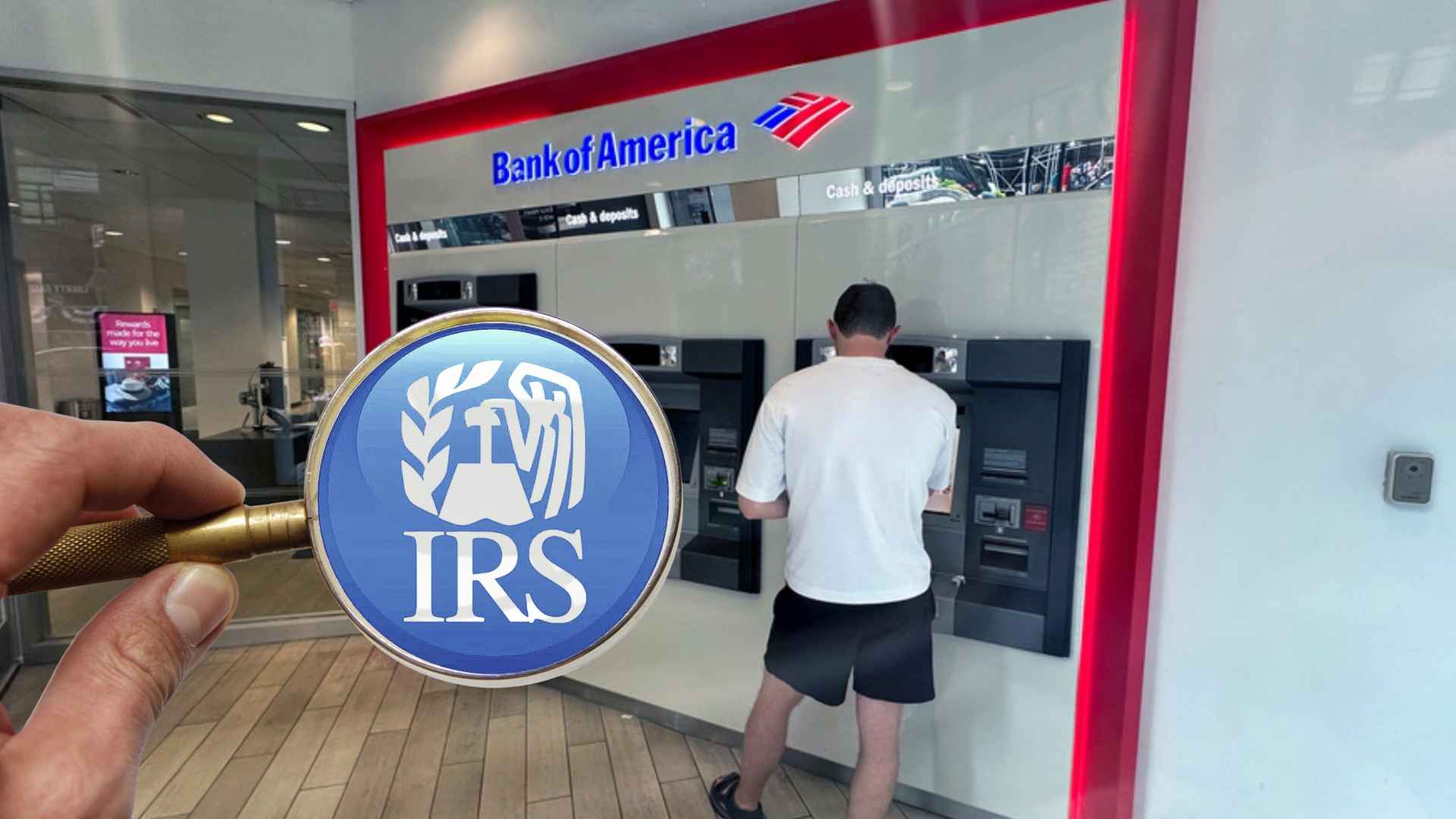Withdrawing a large amount of money from your own bank account isn’t a crime, but it sure raises more questions than you might expect. If you need to take out $10,000 in cash, the bank is obligated to keep a record of it and even report it to government agencies. Why does this happen, and what does it mean for you?
Essential reasons why the bank immediately reports large withdrawals to federal authorities
Whenever you withdraw $10,000 or more, the bank files a Currency Transaction Report (CTR). This report goes straight to the Financial Crimes Enforcement Network (FinCEN). Why? Federal officials want to clamp down on illegal activities, including money laundering and tax evasion. Think of it as a security measure rather than a punishment.
However, what if you try to be sneaky by taking out $9,999 each time? That might trigger another report called a Suspicious Activity Report (SAR), which can lead to more headaches. After all, who wants to explain multiple withdrawals to a judge, right?
Important reminders for anyone withdrawing large sums of money in the United States
If you’re wondering how these reports might affect you, remember that the IRS also has access to them. That’s why it’s critical to ensure your financial records match the transactions in your account. Otherwise, you might end up on the IRS radar, asking yourself, “How did I get here?” But don’t worry if everything is aboveboard.
If your income and banking activity align, you usually have nothing to fear. Below is a quick table summarizing the key documents and why they matter:
| Document Type | Purpose | Agency Involved |
|---|---|---|
| Currency Transaction Report (CTR) | Tracks withdrawals of $10,000 or more | FinCEN |
| Suspicious Activity Report (SAR) | Flags unusual patterns or amounts | FinCEN and possibly IRS |
Transparency is your best friend when dealing with large withdrawals. Banks may ask for explanations, so it helps to be prepared with a straightforward reason. Feeling uneasy about being questioned? Relax. Most bank representatives simply follow federal guidelines, which exist to protect both you and the financial system.
Here’s a short list of tips to make the process smoother:
- Avoid splitting up the amount into multiple smaller withdrawals
- Keep accurate financial records and ensure they reflect your income
- Provide clear explanations if the bank requests more information
In fact, large cash withdrawals are not inherently suspicious. They become problematic only if they appear to hide illegal activity. So if the source of your money is legitimate, withdrawing $10,000 (or more) should not be a cause for sleepless nights.
Big withdrawals don’t mean you’re doing anything wrong, but they do come with extra scrutiny. Staying transparent, meeting any documentation requests, and keeping your financial records in order are the best ways to avoid trouble. After all, it’s your money—just remember to handle it responsibly and in line with the rules.

